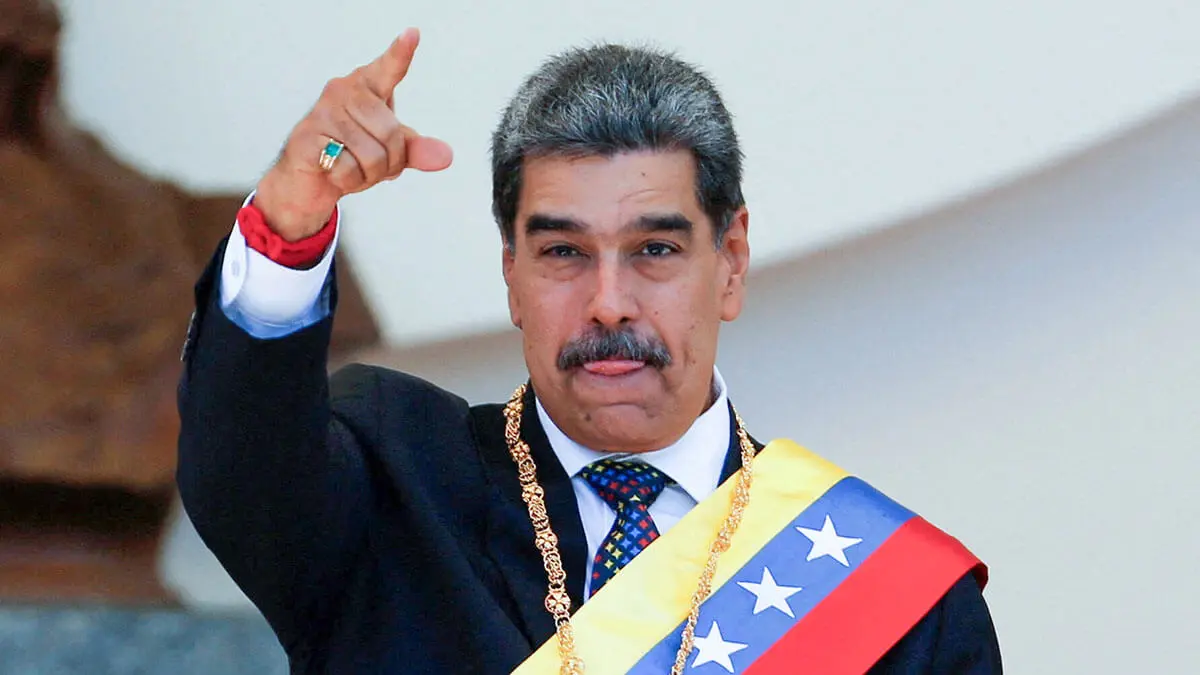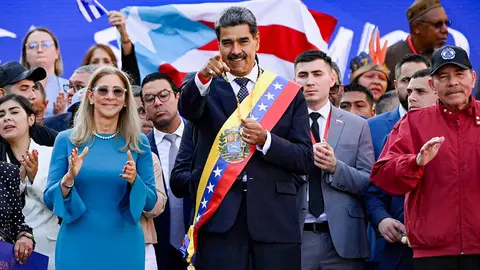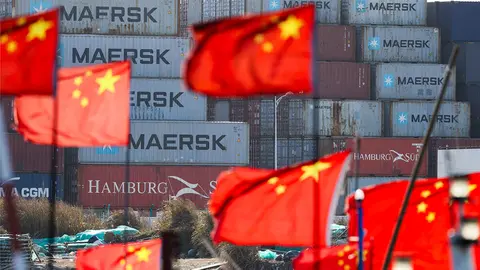The impossible legitimisation of Venezuelan tyranny

We are talking, of course, about Venezuela, the tyranny that, with the complicity of, among others, the most notorious propagandist of the regime, the cheered former socialist president of the Spanish government, José Luis Rodríguez Zapatero, blatantly stole the presidential elections from the united opposition under the candidate Edmundo González and the heroic and unwavering leadership of María Corina Machado.
Of course, the regime never showed the election results, which were so grossly rigged that even allies as unlikely as Brazil's Lula da Silva and Colombia's Gustavo Petro demanded that Maduro show proof of his supposed victory, which was trumpeted by an Electoral Committee of unconditional Chavista obedience.
In the sham elections of 25 May, designed to elect 569 officials – 285 deputies, 24 governors and 260 regional legislators – there was not the slightest uncertainty. All would go to Castro-Maduroism, which at the end of the election day would proclaim through Nicolás Maduro himself that ‘this is a victory for peace and stability throughout Venezuela, in which today the Bolivarian Revolution has proven to be more relevant and stronger than ever.’
The aforementioned revolution is so relevant and strong that various international organisations, including the United Nations, estimate that 90% of the population is below or on the poverty line, with a diaspora of between 7.5 and 9 million Venezuelans, of whom some 600,000 have settled or are trying to do so in Spain, and in which the regime has taken over the entire economy. Incidentally, many of the nationalised or expropriated companies are headed by one or more generals from the motley list of such positions in the Bolivarian Armed Forces.
María Corina Machado, who had called for abstention as the only weapon in the hands of citizens to express their discontent, also again called on the military, a fundamental pillar in Maduro's support, to ‘fulfil their constitutional duty to guarantee popular sovereignty’.
This is not the first time that such calls have been made to the army, which is monitored, controlled and supervised by Cuban agents who have ruthlessly purged, tortured and even summarily executed those in uniform who took seriously their mandate to be the guarantors of citizens' rights.
The regime, with its characteristic opacity, has stated that voter turnout reached 42.66%, compared to opposition figures that do not show that more than 16% of the 21.4 million registered voters cast their ballots.
And in case there was any chance that a heroic opposition figure might challenge the Chavista regime, the regime preventively imprisoned more than 70 citizens, including Juan Pablo Guanipa, former first vice-president of the National Assembly of the Democratic Unity Platform (PUD), accused – how could it be otherwise – of ‘terrorism’, a crime that Chavismo tends to attribute as a matter of principle to anyone who dares to try to defeat it at the ballot box.
A discordant note in the ranks of the opposition has been that of Henrique Capriles Radonski, who was able to run and get elected. He claims that this will allow him to defend the ideas [of the democratic opposition] and not leave the entire National Assembly in the hands of Chavismo. It seems more likely that he will be Chavismo's tolerated opponent, with whom it will once again attempt to claim legitimacy.
Along with the new wave of migration that this latest twist by the Chavista regime has brought upon Venezuelan citizens, the future of the country will depend largely on what the United States does now. Secretary of State Marco Rubio, now reinforced by the powers previously held by the national security adviser, wants to deal a decisive blow to the country's economy, i.e. its main source of financing, oil. On Tuesday 27 May, Chevron's licences to exploit and export Venezuelan crude oil expired (along with Repsol's, incidentally). Although there were voices calling for the extension of these licences, Rubio was openly against it. If his view prevails, Venezuelans could begin to harbour some hope that the tyranny that subjugates them would find it more difficult to continue imposing its impunity. This would also be a warning to others, starting with Nicaragua, where co-president Rosario Murillo is preparing to seize total power once her husband, Daniel Ortega, who is in an induced coma, expires.



